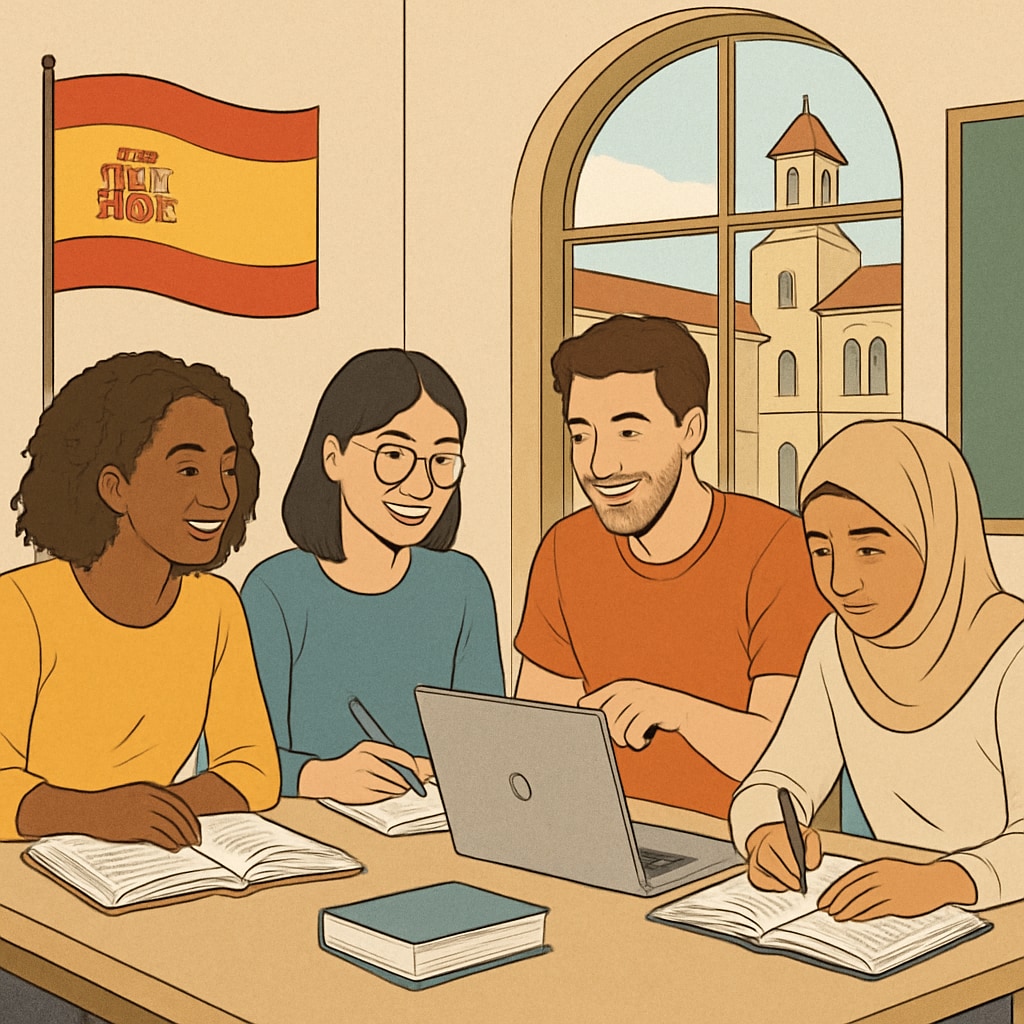Spain has become one of the most popular destinations for international students seeking higher education and cultural immersion. The country offers world-class master’s programs, rich cultural experiences, and a welcoming environment for foreigners. If you are considering studying abroad, this article explores the feasibility of pursuing a master’s degree in Spain while successfully adapting to its unique culture.
Why Choose Spain for Your Master’s Degree?
Spain boasts a long-standing reputation for excellence in education, particularly in fields like business, engineering, and arts. Universities such as the University of Barcelona and IE University provide programs that are globally recognized. Additionally, tuition fees in Spain tend to be more affordable compared to other European countries, making it a practical choice for students on a budget.
In addition to academic opportunities, Spain offers a vibrant lifestyle, from its historical landmarks to its famous cuisine. Furthermore, international students benefit from the country’s diverse environment, where meeting people from various backgrounds is common.

Adapting to Spanish Culture as an International Student
Adapting to a new culture is often the most challenging aspect of studying abroad. However, Spain’s open and friendly society makes this transition easier for international students. The Spanish lifestyle is characterized by its emphasis on community, leisure, and social gatherings, which can be welcoming for newcomers.
Here are some tips to adapt to Spanish culture:
- Learn the language: While many master’s programs are taught in English, knowing Spanish can significantly improve your experience and help you connect with locals.
- Participate in local events: Spain is known for its festivals like La Tomatina and Feria de Abril. Engage in these events to better understand the culture.
- Network with locals and other students: Socializing is a cornerstone of Spanish culture, so take advantage of opportunities to build relationships.
By embracing these practices, students can not only thrive academically but also feel more at home in their new environment.

Balancing Academic Life and Social Integration
One of the unique aspects of studying in Spain is the emphasis on work-life balance. Unlike many Western cultures, Spain values leisure and relaxation as much as professional success. Universities often encourage students to participate in extracurricular activities, helping them create a balance between rigorous academic schedules and social engagement.
For example, many Spanish universities have clubs and organizations where students can network, learn new skills, and explore their interests. Additionally, the country’s focus on a slower pace of life allows students to enjoy their surroundings without feeling overwhelmed.
Conclusion: Is It Feasible?
Pursuing a master’s degree in Spain and adapting to the local culture is not only feasible but can also be a highly rewarding experience. The combination of affordable education, cultural richness, and a supportive environment makes Spain an ideal choice for international students. Whether you are drawn by its academic reputation or its vibrant lifestyle, Spain offers opportunities to grow both professionally and personally.
As a result, studying in Spain can be a transformative journey, equipping students with the skills and experiences to succeed in a globalized world.
For more information about Spain and its educational opportunities, visit authoritative sources like Education in Spain on Wikipedia or Spain’s Education System on Britannica.


